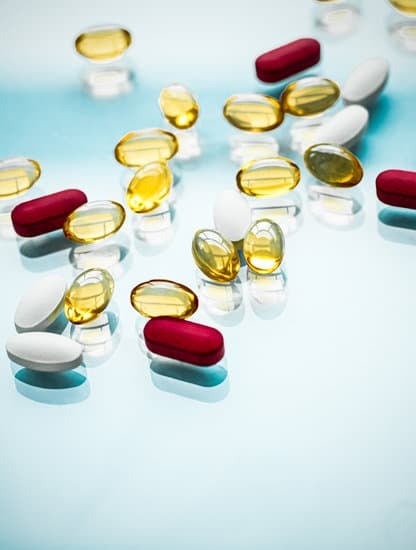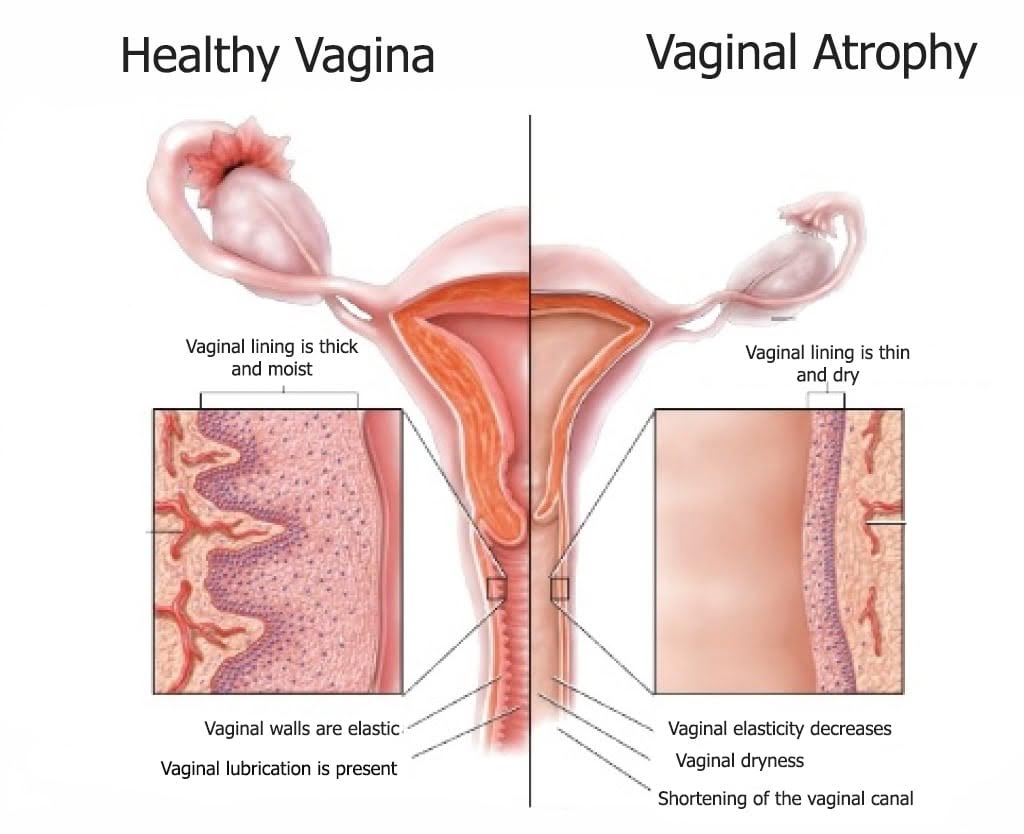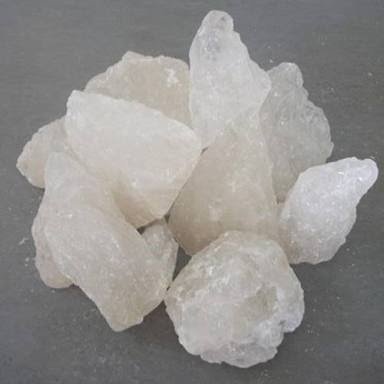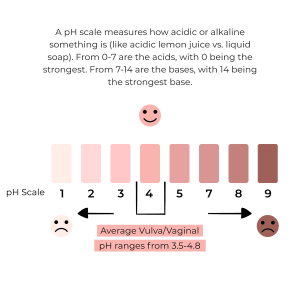What is Dyspareunia?
Dyspareunia is a term used to describe pain or discomfort experienced by women during or after the intimate experience. It is a condition that can affect women of all ages and backgrounds. This pain can occur in the vaginal area, the pelvic region, or deep inside the abdomen, ranging from mild to severe. Women suffering from dyspareunia may avoid intimacy altogether, leading to guilt, shame, and frustration.
Causes of Dyspareunia
Dyspareunia can stem from several physical, emotional, and environmental factors. Here are some common causes:
- Feminine dryness: Insufficient lubrication can lead to painful friction during intercourse. Vaginal dryness may result from hormonal fluctuations, medications (such as antihistamines or antidepressants), or certain medical conditions.
- Vaginal Infections: such as yeast infections or bacterial vaginosis, can cause inflammation and discomfort during intimacy.
- Endometriosis, Pelvic inflammatory disease, Uterine fibroids, Ovarian cysts, Vaginismus, and Vulvodynia: these conditions encompass various gynecological issues that can cause pain and discomfort during intimacy. Each condition has unique causes and symptoms, making receiving an accurate diagnosis for appropriate treatment is crucial. Early intervention and ongoing medical care can help manage these conditions, improving a woman’s quality of life.
- Anxiety and stress: can manifest as physical pain during intimacy, leading to feminine dryness or muscle tension, exacerbating the discomfort.
- Relationship issues and past traumas: Unresolved conflicts, trust issues, poor communication, past abuse, or assault can lead to a painful, intimate experience
- Harsh soaps or vaginal washes: can worsen dyspareunia by disrupting the vaginal pH balance, causing irritation and inflammation, and stripping away natural lubrication. These products can alter the vagina’s slightly acidic environment, leading to harmful bacterial overgrowth and infections. Fragrances, dyes, and aggressive surfactants can irritate sensitive vaginal skin, resulting in redness, itching, and inflammation. Lastly, harsh soaps can remove essential vaginal secretions, leaving the tissue dry and increasing friction during intercourse, exacerbating painful sex.
- Insufficient arousal: A lack of foreplay or inadequate arousal can contribute to feminine dryness and discomfort during sex.
Symptoms of Dyspareunia
Every woman’s experience with dyspareunia is unique, and the specific symptoms and intensity can vary widely. You can more effectively seek appropriate treatments and solutions by better understanding the different types of pain and their possible origins. Here are some common symptoms of dyspareunia:
- Pain during penetration or thrusting: Penetration pain, felt as a sharp, stinging, or burning sensation at the vaginal entrance, can result from inadequate lubrication.
- Persistent pain during and after intercourse may arise from multiple causes. Infections, irritations, and allergies can lead to burning or aching sensations.
- Emotional symptoms: such as anxiety, stress, or feelings of inadequacy. These emotions can further exacerbate the pain, creating a vicious cycle that makes intimacy even more challenging.
Solutions for Dyspareunia
Finding relief from dyspareunia may require a multifaceted approach that addresses the unique factors contributing to your pain. Here are some potential solutions for dyspareunia:
- Lubricants and moisturizers: Lubricants and vaginal moisturizers like Libi -Tight Femme Gel 30g play a crucial role in addressing dyspareunia, particularly when the pain is caused by feminine dryness, insufficient lubrication, or friction during intercourse. By providing additional moisture and reducing friction, these products can significantly improve comfort and pleasure during sex. Here’s a more in-depth look at how lubricants and moisturizers can help alleviate, reduce, and treat dyspareunia:
- Immediate relief from friction: Lubricants are designed to be applied directly before or during sexual activity to provide instant lubrication. This added moisture reduces friction between the vagina and the penis, fingers, or sex toys, minimizing the risk of irritation, abrasions, or tearing of the delicate vaginal tissues. Reduced friction makes penetration and thrusting more comfortable, easing pain and discomfort during intercourse.
- Compensating for insufficient natural lubrication: While the vagina naturally produces lubrication during arousal, various factors can interfere with this process, including hormonal fluctuations, stress, medications, or age. Lubricants can compensate for the lack of natural lubrication, ensuring the vaginal tissues remain moist and protected during sex.
- Long-lasting moisture with vaginal moisturizers: Vaginal moisturizers are designed to provide longer-lasting moisture and can be applied regularly, even when you’re not engaging in sexual activity. These products help maintain optimal vaginal moisture levels and tissue elasticity, preventing dryness and irritation that can contribute to dyspareunia.
- Enhancing arousal and pleasure: Lubricants and moisturizers can also enhance arousal and pleasure during sex by reducing discomfort and making it easier to engage in various sexual activities. Some lubricants are even formulated with added ingredients like warming or cooling agents to heighten sensation and further improve the sexual experience.
- Supporting the vaginal environment: Many water-based lubricants and vaginal moisturizers are pH-balanced to match the natural acidity of the vagina, which is essential for maintaining a healthy vaginal environment. By supporting the natural pH balance, these products can help protect against infections and irritations exacerbating dyspareunia.
Hyaluronic Acid and Chamomile Extract
Hyaluronic acid and chamomile extract are natural remedies that have been shown to alleviate feminine dryness and improve lubrication, providing relief for women experiencing dyspareunia. Here, we’ll examine the scientific evidence and clinical studies supporting the use of these two substances for addressing feminine dryness and insufficient lubrication:
Hyaluronic Acid
Hyaluronic acid (HA) is a naturally occurring substance in the body that plays a crucial role in maintaining hydration and tissue elasticity. It has a unique capacity to retain water, making it an effective moisturizer and lubricant. In recent years, hyaluronic acid has gained attention as a potential treatment for feminine dryness and insufficient lubrication.
A study published in the Journal of Clinical Medicine Research 2014 investigated the efficacy of hyaluronic acid vaginal gel in postmenopausal women with symptoms of feminine dryness and dyspareunia. The study found that, after 30 days of treatment, the participants experienced significant improvements in feminine dryness, itching, and dyspareunia. The researchers concluded that hyaluronic acid vaginal gel effectively reduced vaginal dryness and related symptoms in postmenopausal women (1).
Another study in Maturitas 2013 compared a hyaluronic acid vaginal gel with estrogen therapy for treating vaginal atrophy in postmenopausal women. The study demonstrated that the hyaluronic acid gel and estrogen therapy effectively improved feminine dryness, with hyaluronic acid showing a more rapid onset of action (2).
Chamomile Extract
Chamomile extract is derived from the flowers of the chamomile plant and is well-known for its soothing, anti-inflammatory, and antioxidant properties. Its potential benefits for vaginal health have also been explored in scientific research.
A study published in the Journal of the Turkish-German Gynecological Association in 2015 examined the effects of a chamomile extract vaginal gel on vaginal atrophy in postmenopausal women. The study found that the chamomile gel effectively reduced vaginal dryness, itching, and inflammation and improved vaginal pH and maturation index (3).
References:
1. Chen, J., Geng, L., Song, X., Li, H., Giordan, N., & Liao, Q. (2014). Evaluation of the Efficacy and Safety of Hyaluronic Acid Vaginal Gel to Ease Vaginal Dryness: A Multicenter, Randomized, Controlled, Open-Label, Parallel-Group, Clinical Trial. Journal of Clinical Medicine Research, 6(4), 286–295. https://pubmed.ncbi.nlm.nih.gov/23574713/
2. Stute, P., Böcker, D., Graziottin, A., Panay, N., & Ceausu, I. (2013). Non-hormonal treatment of vaginal atrophy with hyaluronic acid: A clinical study. Maturitas, 76(3), 220–224. https://pubmed.ncbi.nlm.nih.gov/25968636/
Döğer, E., Çalışkan, E., Koçoğlu, H., & Toğrul, C. (2015). The effect of a chamomile vaginal gel on the vaginal atrophy in postmenopausal women: A double-blind, randomized controlled trial. Journal of the Turkish-German Gynecological Association, 16(4), 225–229. https://pubmed.ncbi.nlm.nih.gov/35400624/





